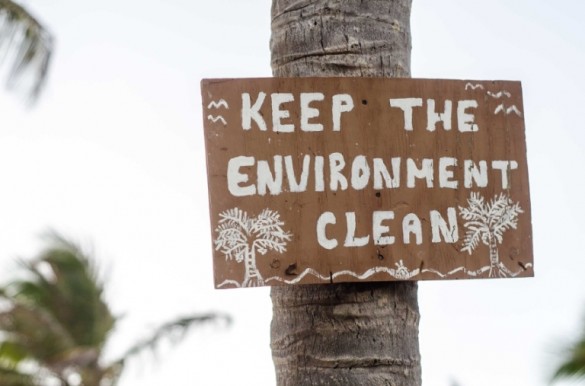 iStock
iStock
More than half the people in 21 countries in Latin America and the Caribbean see environmental protection as a priority, with support surprisingly more common in less affluent regions.
“One explanation for these results might be that individuals who have not been exposed to the economic benefits of industrial expansion are less interested in that possibility if it would jeopardize the security of their environment,” says Claire Q. Evans, author of the new Insights study by the Latin American Opinion Project (LAPOP) at Vanderbilt University.
For the study, 35,212 individuals were asked in 2014, “In your opinion, what should be given higher priority: to protect the environment, or promote economic growth?”
“In 11 of 22 countries, at least 40 percent of respondents express support for the strict prioritization of environmental protection,” Evans says. “Further, in 21 countries, more than 50 percent of respondents support environmental protection or see economic growth and environmental protection as equal priorities.”

Colombia is the most environmentally supportive country in the region, followed by Brazil, Haiti, Bolivia, Uruguay and Peru. The least environmentally friendly are Belize, Honduras, Mexico and Jamaica.
Two other statistically significant variables are gender and place of residence, Evans says. Men and rural residents are more likely to favor protecting the environment.
“Individuals in rural areas are more directly dependent on the environment and understand the necessity of sustainable practices,” Evans says. “It could also be the case that those living in rural areas have more experience with environmental problems as they have less access to more modern environmental protection such as water sanitation and greener energy solutions.”
Females are marginally less willing than males to sacrifice economic growth for environmental protection in the study.
“It could be that in the Latin American and Caribbean context, on average women are more aware what the household needs, and therefore less willing to prioritize the environment,” Evans says. “It may be that they are simply more conservative, on average.”
Evans urges more research into why urban areas and women in Latin America and the Caribbean are less likely to express strong support for environmental protection measures.
LAPOP develops, implements and analyzes the AmericasBarometer public opinion surveys. Since the 1970s, LAPOP has gathered a treasure trove of opinion data containing political perspectives from Latin American and Caribbean citizens. LAPOP data and reports are available to interested researchers at the LAPOP website.